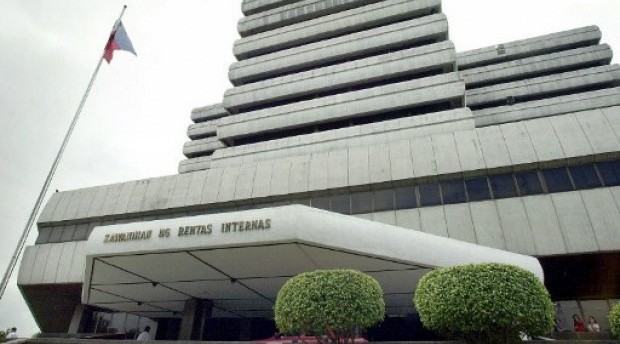Bill to exempt BIR from salary standardization to increase pay
A bill filed in the House of Representatives seeks to exempt the Bureau of Internal Revenue (BIR) from the salary standardization law in a bid to allow the bureau to craft its own compensation system for a more competitive pay.
Deputy Speaker Batangas Rep. Raneo Abu filed House Bill 5028 seeking to exempt the BIR from the coverage of Republic Act 6758 or the Salary Standardization Law (SSL).
In the explanatory note, Abu lamented that the BIR is undermanned—the bureau is allowed to have 21,491 plantilla employees to serve 27,219,916 registered taxpayers, resulting in a ratio of 2,767 taxpayers to one revenuer.
Abu added that employees are not compensated well like their counterparts in the Insurance Commission (IC) and the Securities and Exchange Commission (SEC).
An entry level accountant in the BIR gets paid P19,077 while an entry-level accountant in the SEC and IC receives P50,238 and P46,104, respectively.
Article continues after this advertisementMeanwhile, lawyers in the SEC and IC get paid P53,754 and P66,524, respectively, while lawyers in the BIR are paid P35,693.
Article continues after this advertisementAbu said the disparity in pay explains why some BIR employees are unprofessional, incompetent or corrupt.
Abu noted that the Bureau of Customs under the Republic Act 10863 or the Customs Modernization and Tariff Act allows the bureau to conduct its own compensation study to come up with a more competitive pay to be recommended to the president.
“This representation believes the BIR deserves the same privilege,” Abu said.
Abu said corruption may be weeded out of the BIR if the bureau is granted more competitive salaries.
“With competitive salaries, it is expected that corruption of need shall be eliminated, and that more job seekers shall see the BIR as a worthy employer and revenue collection for the betterment of the Philippines a worth cause to fight for,” Abu said.
The bill seeks to exempt the BIR from the coverage of the SSL by allowing the BIR to formulate its own Compensation and Position Classification System, to allow its personnel to be paid with salaries comparable with their counterparts in the private sector.
This compensation system is subject to approval of the President and subject to periodic review by the BIR every three years.
The bureau is also allowed to provide other incentives to its employees according to the bill. RAM/rga
